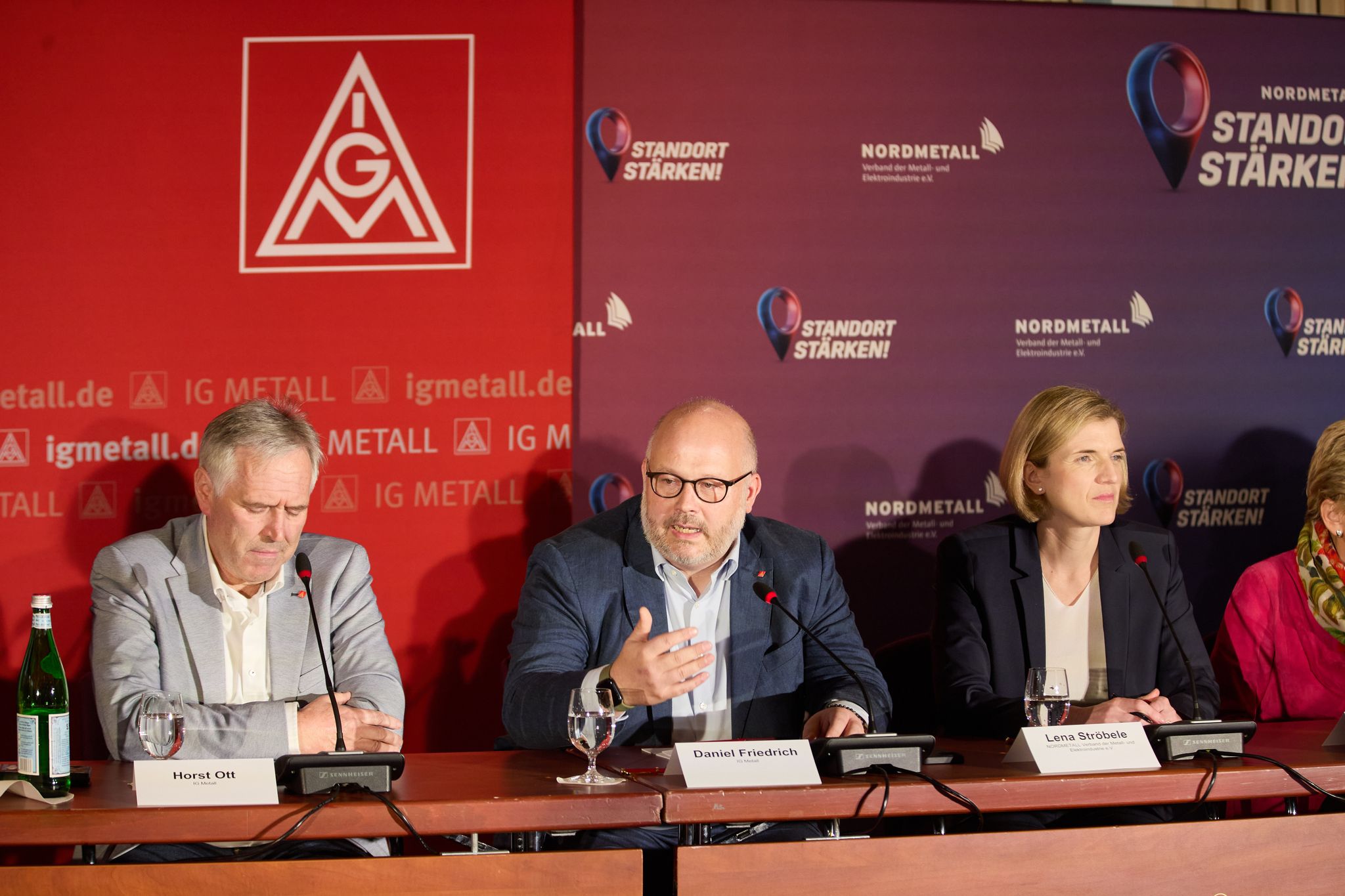German Authorities Confirm October Inflation Rate At 2% As Food Prices Increase
...Pay Rises For Four Million Workers In metal, Electrical Sectors

Rising prices for food and services led German inflation to climb to 2 percent in October, authorities said, yesterday, while confirming initial estimates just as the Federal Statistical Office said year-on-year inflation increased to 2 percent from 1.6 percent in September after months of decline.
The figure is in line with the 2 percent threshold which the European Central Bank (ECB) has explicitly targeted in efforts to control inflation across the Eurozone. Economists expect a moderate rise in prices until the end of 2024, but another wave of inflation as seen in 2022 is unlikely.
A report by The German News Service (delivered by dpa) indicates that food remains a major driver of October’s bump in prices, which cost consumers 2.3 percent over last year’s benchmark.
In particular, cooking fats and oils became much more expensive, up 21.3 percent, while the price of butter soared by 39.7 percent, while prices for services-such as restaurant visits, package holidays and car repairs-also rose markedly by 4 percent.
Economists also pointed out that companies in the service sector were hit by rising wage costs, but the trend is unlikely to continue due to Germany’s struggling economy.
“The weak economy is likely to curb prices in the coming months and thus gradually push down the inflation rate for services,” Jörg Krämer of the Commerzbank said.
In contrast, energy products remained significantly cheaper than last year, down 5.5 percent. September’s inflation rate of 1.6 percent in Germany was the lowest mark in more than three years.
Supply chain problems and shortages at the end of the Coronavirus pandemic caused a wave of inflation, which was badly exacerbated by Russia’s full-scale invasion of Ukraine in February 2022, further driving energy prices sharply upward, particularly in Germany, which had been heavily reliant on imported Russian gas.
Meanwhile, after a marathon round of negotiations between union and business leaders, 3.9 million employees in Germany’s metal and electrical industries are set to receive a significant pay rise.
The IG Metall union and employers’ associations said in Hamburg, yesterday, that an agreement has been reached following 18-hour negotiations to increase wages by 5.1 percent in two stages.
Union negotiator, Daniel Friedrich, said: “This is not a deal for which we will be celebrated,” insisting that the deal brings stability for workers in difficult times after a number of strikes.
President of the Gesamtmetall employers’ organization, Stefan Wolf, echoed Friedrich’s comments, saying: “I’m satisfied, but not euphoric. The damage caused by strikes would have been greater.”
Under the new collective bargaining agreement, which is valid until October 2026, employees are to receive a one-off payment of €600 ($637) by February 2025, while apprentices are to earn €140 per month.
Companies struggling amid a challenging period for the German economy have options to suspend or cancel individual payments under the deal, and strikes are off the table.
Negotiators on both sides said the agreement represented a model for Germany’s bickering political parties, who finally reached a deal on Tuesday to hold new elections in February next year.
Leader of IG Metall, Christiane Bener, said: “We need lower energy prices now, especially for energy-intensive companies. We now need measures to ramp up electric mobility and investments in infrastructure.”
Wolf said the deal was “a signal to politicians to finally get their act together,” calling on Germany’s next government to reduce bureaucracy, loosen labour laws for migrants and implement tax relief for businesses.











